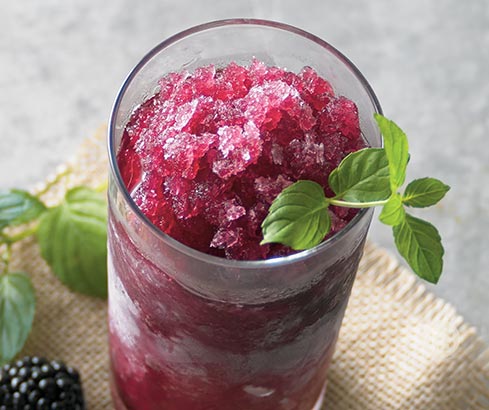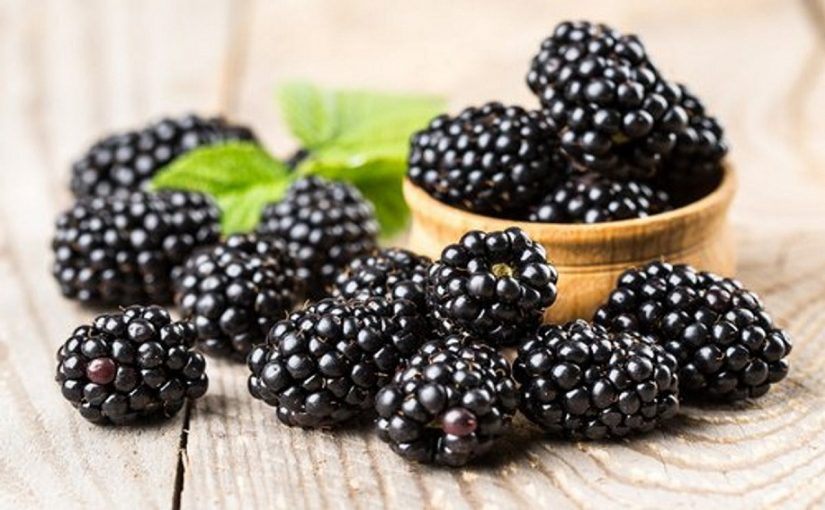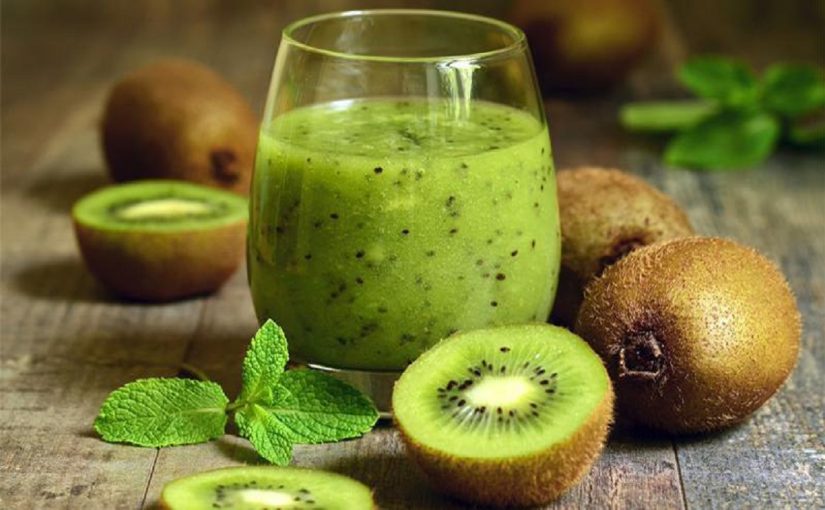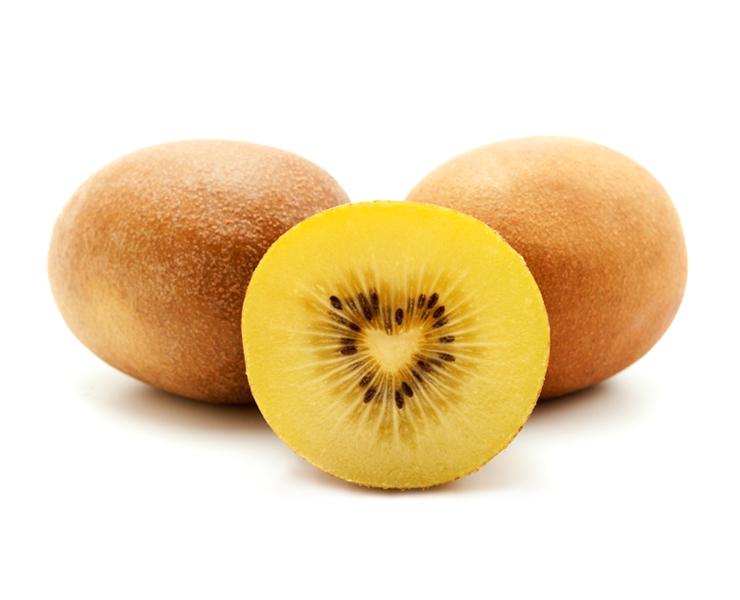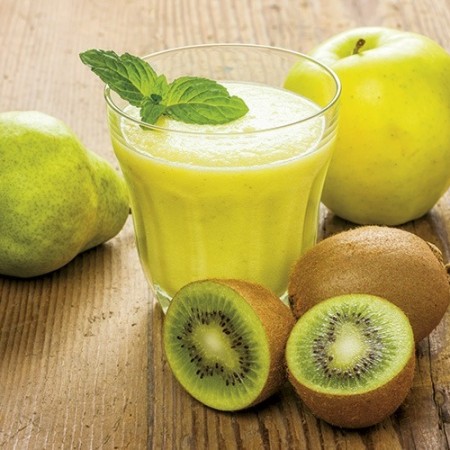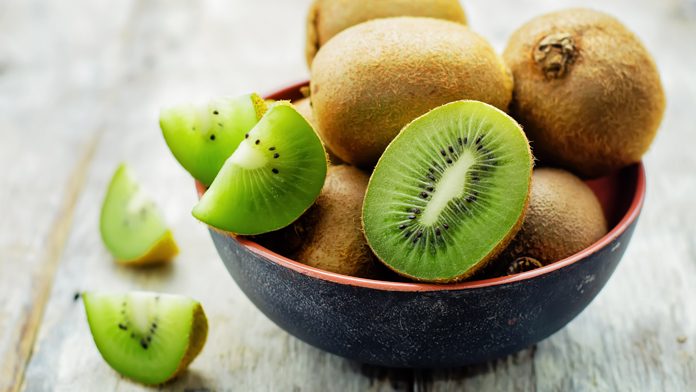8.9.2019
In Calabria summer is the season of blackberries (in dialect “a mura”) of mulberry, white or black, which ripen copiously on the beautiful trees of Morus Nigra and Morus Alba trees, scattered in the countryside of Calabria, this Mediterranean region full of colors and perfumes.
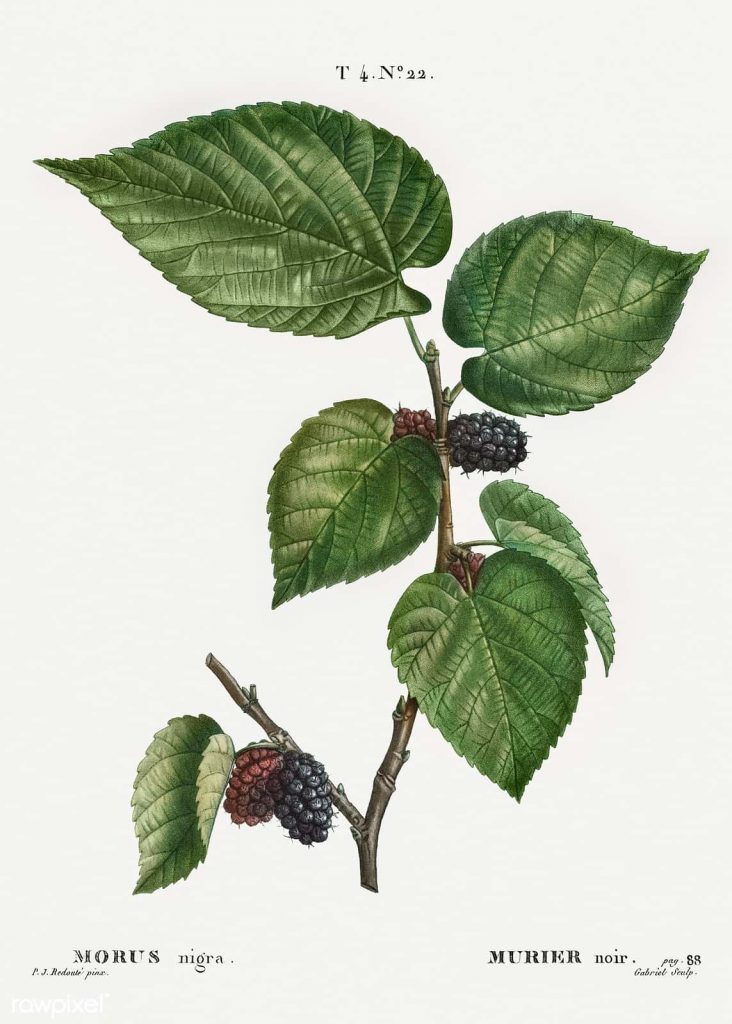
In Calabria ‘a mura, from the Latin morus, is the fruit of a high tree, they are the blackberries par excellence, and shall not to be confused with ‘a mura ‘i ruvetta (blackberry of bramble). The first type is almost a rarity but with a little effort it can be found in local markets or in private homes to enjoy something truly ancient and precious for the health of adults and children.
Rich in calcium, iron, zinc, vitamins B2, C and K for a triple antioxidant action, mulberry blackberries in ancient times were considered true medicine for their diuretic, laxative, healing properties for the respiratory diseases and as an antianemic and hypoglycemic agent.
MYTH AND HISTORY
The mulberry tree was already known by the Greeks, for whom it was a plant consecrated to the god Pan and symbolized intelligence and passion.

According to the legend told by Ovid in Metamorphoses, the love drama of Tisbe and Piramo was consumed at the foot of a mulberry tree. Counteracted by their relatives, the young men met secretly but Tisbe one day was believed dead by Piramo, who killed himself on the news and Tisbe in turn died of grief (certainly Shakespeare was inspired by this tale for his tragedy, Romeo and Juliet!!). From that day, the fruits of the mulberry were colored red at the behest of the Gods, as a sign of mercy and compassion toward the unfortunate lovers.

Also the Romans loved mulberries, to be consumed fresh or in the form of a drink, the vinum moratum. Pliny the Elder called mulberry the sapientissima arborum, the wisest of the trees, because it is the last one who patiently awaits that the winter is really over to make grow the foliage.
The history of silk is also linked to the mulberry tree, which the Romans bought in China and loved very much, but of which they did not know the secrets of the production, namely that the precious yarn was produced by the silkworms that fed on mulberry leaves.
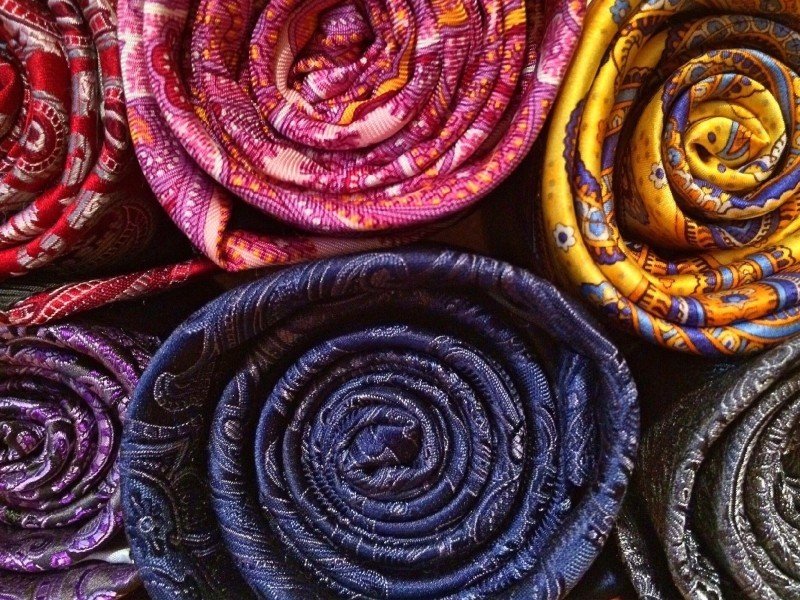
It was not until 551 AD that the great secret is revealed to the emperor Justinian by two monks of San Basilio, missionaries in India who, coming as far as China, told how the silk was produced, also bringing with them, it seems, secretly the first breeding caterpillars and the white mulberry seeds.
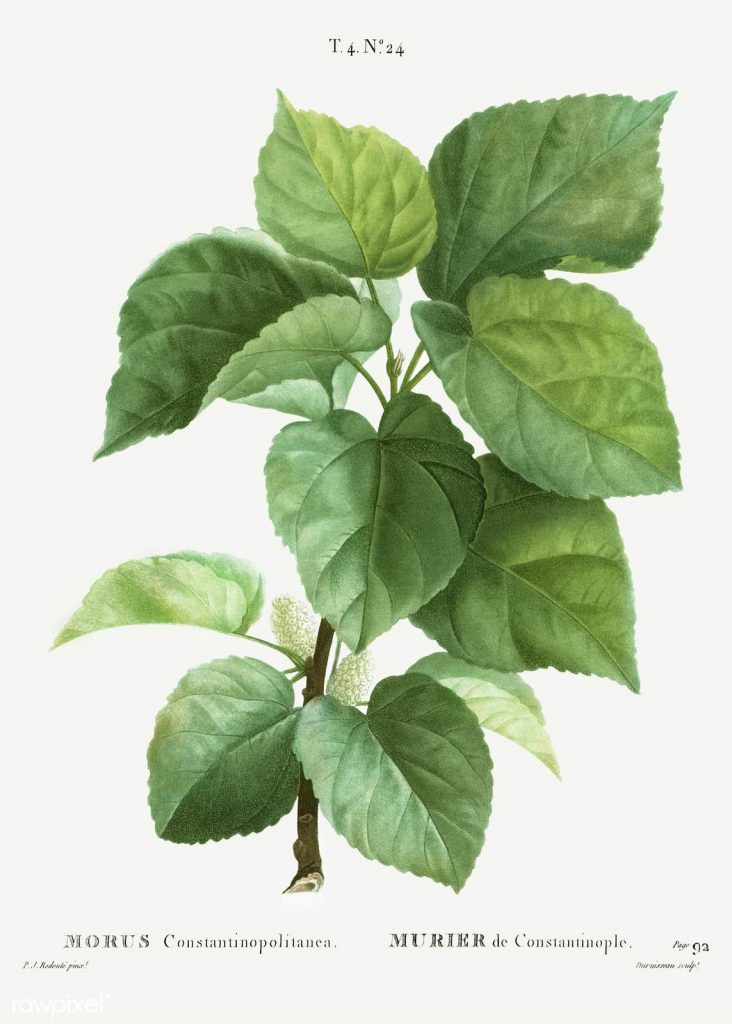
From Constantinople to Italy the step was short and from then on also the morus alba, sustenance of silkworms, became widespread, and its production in the centuries until the nineteenth century had a great role in the economy of Calabria, especially in the area of San Floro and Settingiano (both near Catanzaro).
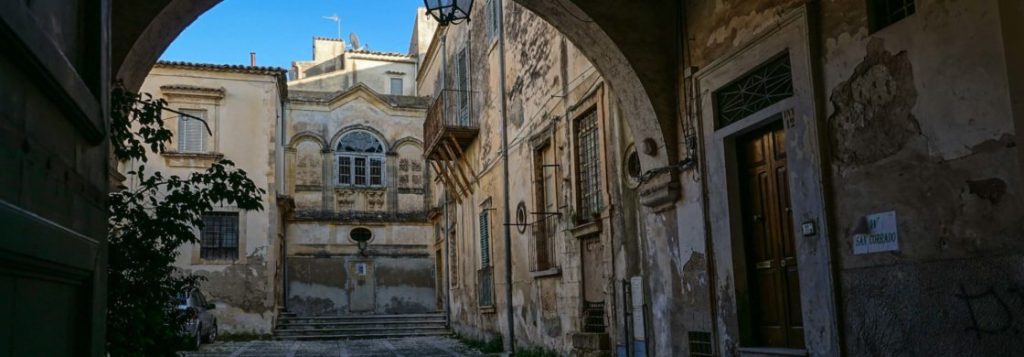
Then, on the trail of the splendid past of the sapientissima arborum, let’s get the precious and sweet fruits to consume them fresh or, to enjoy them longer, we prepare a delicious and beneficial blackberry syrup, according to an ancient Calabrian recipe.
RECIPE FOR BLACKBERRY SYRUP
Ingredients
-2 kg of large and juicy mulberry blackberries
– Sugar (equal to the weight of the juice)
– Lemon peel
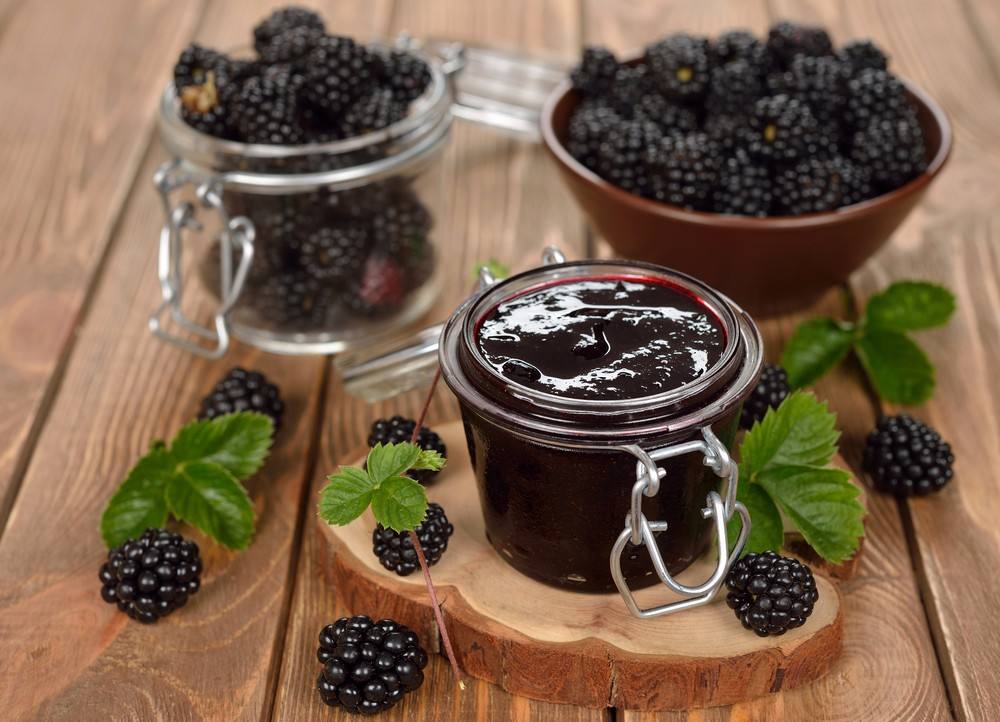
Preparation
– Wash the blackberries under running water, dab them with a cloth and let them dry in the air for a few hours.
– Put them in a bowl, mash them first with a fork and then blend them with the mixer, an action that was once done by passing the blackberries with “u crivu“, that is, through a sieve.
– Filter the blackberries now by helping yourself with a very narrow mesh strainer, crushing the mixture and leaving it for a long time to extract as much juice as possible.
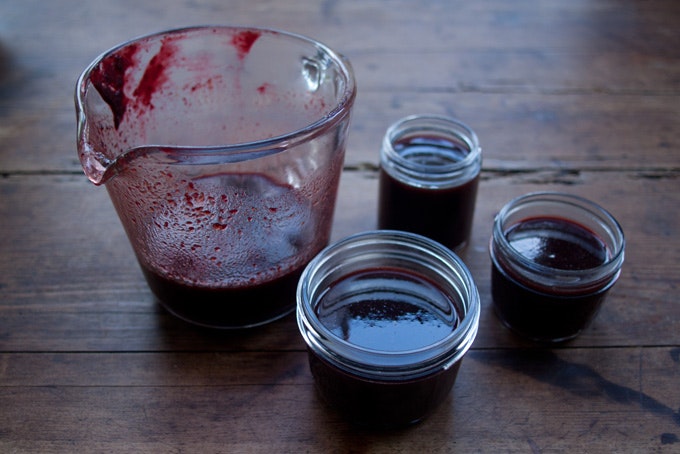
– Now weigh the liquid, put it in a saucepan with the sugar of the same weight as the mulberry juice and a nice strip of lemon peel.
– Bring to a boil and cook over low heat, stirring for 15 minutes.
– Let cool, remove the rind and pour into previously sterilized airtight bottles or jars that you can keep in a fridge or, for a longer shelf life, boil tightly for another half hour.
Mode of use
You can use the mulberry syrup to garnish cakes, fruit salads and ice creams, to prepare an excellent summer drink by extending two fingers per glass with water and finally, put the same drink in the freezer to freeze it.
In the latter case, gently rubbing the freezed juice it, repeating the operation several times, you will get a delicious Calabrian mulberry blackberry granita.
